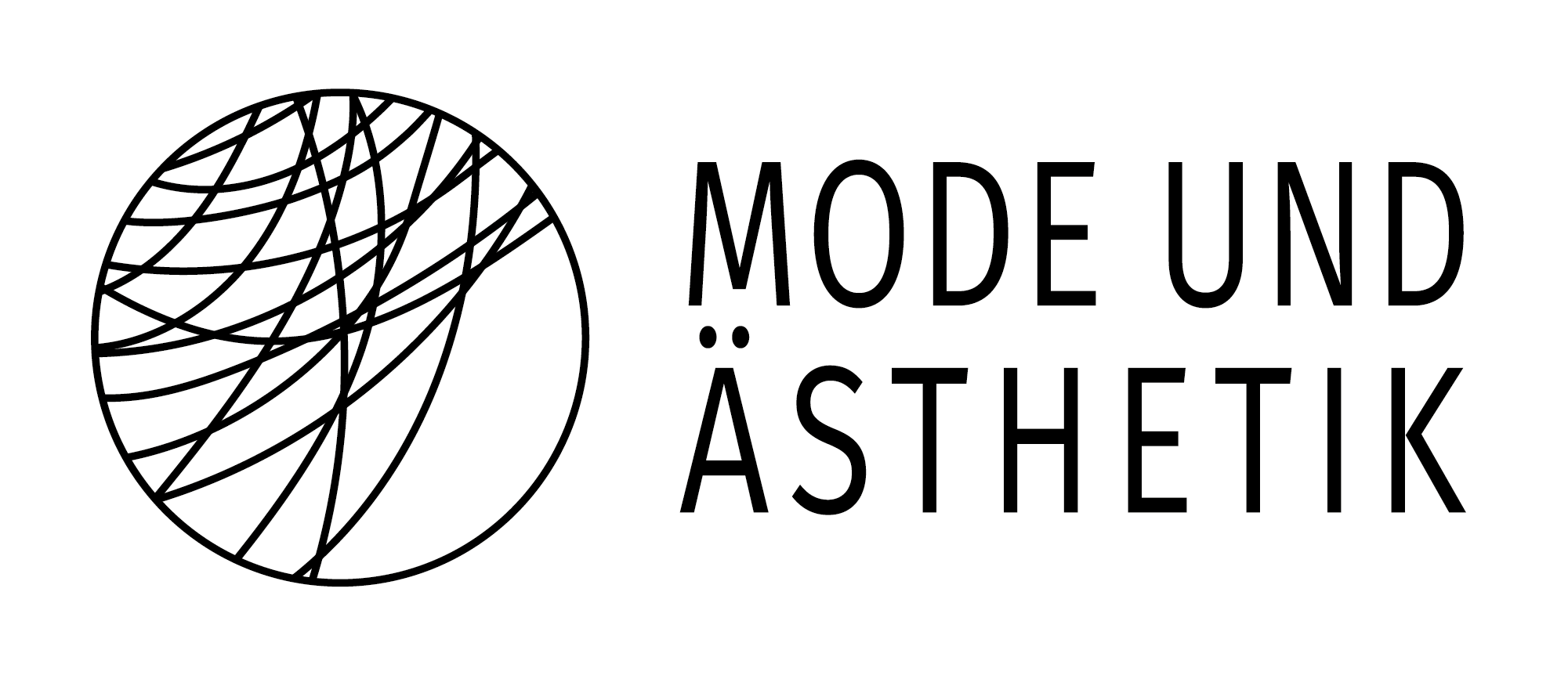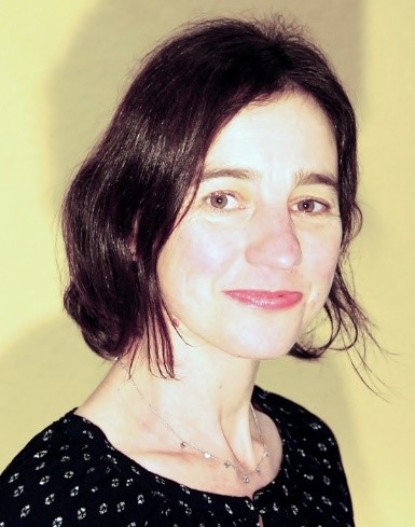Leni Riefenstrahl published two volumes of photographies about the Nuba in the 1970s which proved to be extremely successful resulting in her comeback following years of rejection. However, what do these spectacular body pictures really mean shortly after the decolonisation of Africa? Which projective spaces do they unveil and to whom? Even though photography promises to show reality, its artefacticity cannot be denied. Riefenstahl’s photographic books activate a visual knowledge archive fed with stereotypical colonial imagery, primitivistic art topoi and reflexes of National Socialist body politics. These photographs create a semantic of the “other” based on the opposition between being black and connected to nature versus being white and civilised, mixed with a fever-induced dream of heroism, innocence and uninhibited sexuality.
The Nuba books add to the remythologisation of the African continent reflected in magazines following the collapse of the colonial empires. Artists such as Ousmane Sow, Lisl Ponger, Robert Mapplethorpe, Mike Sale and Iké Udé have responded to this and allow for a wide span of artistic deconstruction displaying the range of competitive interpretation. The study based on critical discourse examines Riefenstahl’s Nuba photographs for the first time comprehensively from an art history perspective to investigate one of the most popular examples of postcolonial pictures taken of African bodies with regard to their complex psychosocial and political functionalisation.




